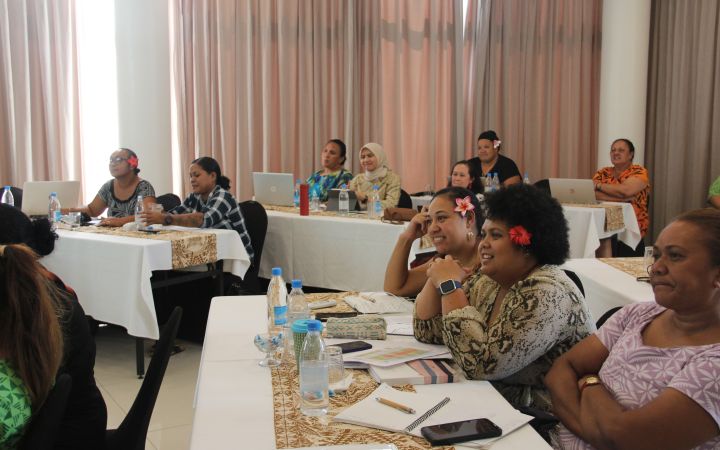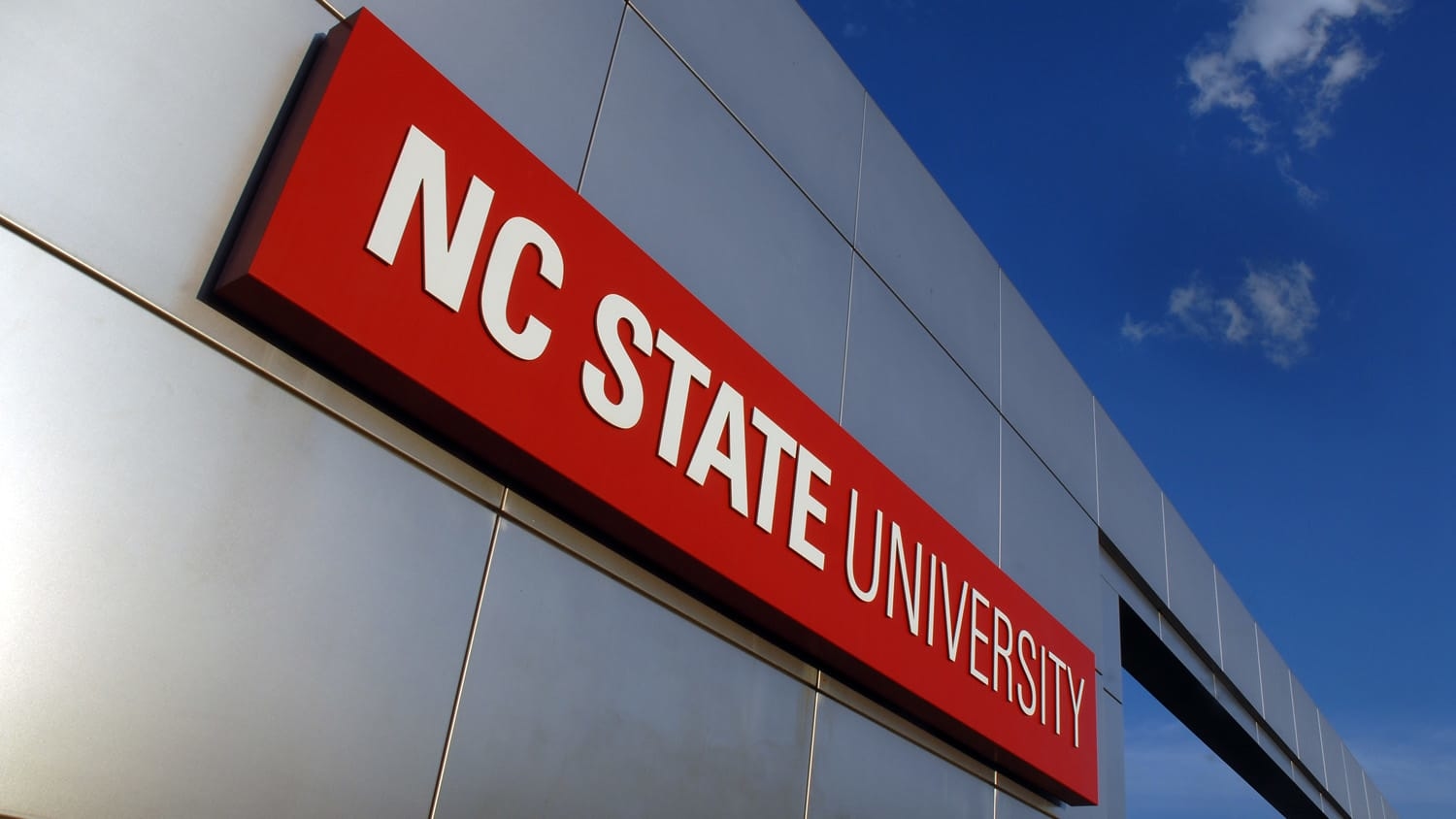There is new hope for thousands of Australians with cardiovascular disease, rheumatoid arthritis and asthma with new and amended medicines listings on the Pharmaceutical Benefits Scheme (PBS) from today.
To help reduce the risk of heart attack and stroke, the Australian Government is expanding subsidised access to a breakthrough medicine that combats high cholesterol, with up to 30,000 Australians per year expected to benefit.
From 1 May, the PBS listing of Repatha® (evolocumab) will be extended to include patients with certain types of high risk cardiovascular disease caused by high cholesterol.
- Patients with non-familial hypercholesterolemia (abnormally high cholesterol) who have atherosclerotic cardiovascular disease and meet certain conditions will now have access to Repatha.
- The listing of Repatha will also be extended to include more patients with familial hypercholesterolaemia (genetic high cholesterol).
Hypercholesterolaemia results in abnormally high levels of cholesterol in the blood can lead to blockages in the arteries, hardening of the arterial walls, and a higher risk of heart attack and stroke without proper treatment.
Repatha is a breakthrough new medicine that can dramatically lower cholesterol levels which can reduces a person’s risk of a heart attack or stroke.
Patients might otherwise pay over $5,400 per year for Repatha. With the PBS subsidy, they will only need to pay $41 per prescription, or $6.60 with a concession card.
Cardiovascular disease is a major cause of death in Australia, with 43,477 deaths attributed to it in Australia in 2017. It is estimated cardiovascular disease kills one Australian every 12 minutes.
Also from today, Australians with rheumatoid arthritis will benefit from the listing of Rinvoq® (upadacitinib) on the PBS.
Patients might otherwise pay more than $16,000 per year for Rinvoq but with the PBS subsidy will only pay $41 or $6.60 with a concession card.
Rheumatoid arthritis is an autoimmune disease affecting about 458,000 Australians. It attacks the body’s healthy tissues, targeting the lining of the joints, causing inflammation and joint damage.
It can cause significant physical disability, pain, fatigue and mental health issues.
Currently, there is no cure, but rheumatoid arthritis medicines can reduce pain and stiffness and prevent long-term joint damage.
Rinvoq® will be a new treatment option for people with severe rheumatoid arthritis providing them with more choice in how they manage this painful condition.
Around 5,000 patients per year already access a comparable treatment, and may benefit from this new treatment option.
Also from 1 May, Australians with uncontrolled severe asthma will now have access to Fasenra Pen®.
Fasenra® (benralizumab) is currently listed on the PBS as a syringe for injection for the treatment of uncontrolled severe eosinophilic asthma.
This new pre‑filled pen will allow patients who choose to self‑administer Fasenra to be treated at home, rather than attend a clinic to access the medicine through a syringe injection administered by a health professional.
Over 1,000 patients per year access Fasenra through the PBS and may benefit from the listing of Fasenra Pen®. Without the PBS subsidy, patients might otherwise pay up to $23,000 per year.
These new and amended listings were recommended by the independent Pharmaceutical Benefits Advisory Committee.
Since 2013, the Australian Government has approved more than 2,350 new or amended listings on the PBS.
This represents an average of around 30 listings or amendments per month or around one each day – at an overall investment by the Government around $11 billion.
The Government’s commitment to making sure Australians can access the medicines they need, at affordable prices, remains rock solid.







